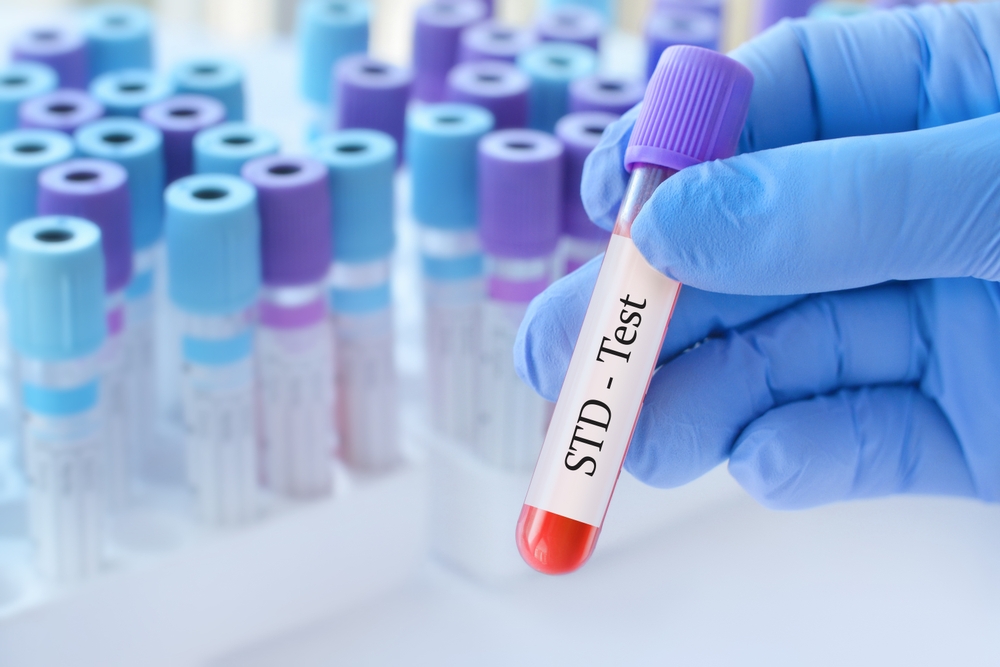Navigating STDs: Prevention, Testing, & Treatment for Women
Sexually transmitted diseases (STDs) are more common than you might think, and they can affect anyone who is sexually active. At Walnut Lake OBGYN & Wellness in West Bloomfield, MI, we understand the challenges women face regarding their sexual health. In this in-depth guide, we will explore effective prevention methods, the significance of regular testing, and the available treatment options for STDs.
Understanding Common STDs
When it comes to sexually transmitted diseases, knowledge is power. Let’s look at some of the most common STDs that affect women:
- Chlamydia: A bacterial infection that often has no symptoms but can cause serious reproductive issues if left untreated.
- Gonorrhea: Another bacterial infection that can lead to pelvic inflammatory disease (PID) if not treated.
- Human Papillomavirus (HPV): A viral infection that can cause genital warts and is linked to cervical cancer.
- Herpes Simplex Virus (HSV): A viral infection that causes painful sores and has no cure, though symptoms can be managed.
- Syphilis: A bacterial infection that progresses through stages and can cause severe complications if untreated.
- Human Immunodeficiency Virus (HIV): The virus that leads to AIDS, severely compromising the immune system.
Understanding these common STDs helps in recognizing symptoms early and seeking timely medical intervention.
Prevention Methods for STDs
Preventing STDs starts with understanding and implementing effective strategies:
Condom Use
Using latex or polyurethane condoms correctly during every sexual encounter significantly reduces the risk of transmitting STDs. According to the American College of Obstetricians and Gynecologists, consistent condom use is crucial for prevention. Condoms act as a barrier to prevent the exchange of bodily fluids, thereby offering protection against many STDs, including HIV, gonorrhea, and chlamydia. It’s essential to use them every time you have vaginal, anal, or oral sex.
Vaccination
Vaccines are available for certain STDs, such as HPV and hepatitis B. Getting vaccinated can provide long-term protection. The HPV vaccine, for instance, can prevent the strains of HPV most commonly associated with cervical cancer and genital warts. Similarly, the hepatitis B vaccine can protect against liver disease. These vaccinations are most effective when administered before individuals become sexually active, so early vaccination is highly recommended.
Limiting Sexual Partners
Reducing the number of sexual partners can lower the chances of exposure to STDs. A monogamous relationship with an uninfected partner can be a highly effective way to prevent STD transmission. The fewer partners you have, the lesser the risk of contracting an infection. Always communicate openly with your partners about your sexual health and encourage them to get tested regularly.
Regular Communication
Open and honest communication with sexual partners about STD status and sexual health is essential. Discuss your sexual history and any concerns you may have regarding STDs. Establishing trust and transparency with your partner can make it easier to discuss the importance of using protection and getting tested regularly. This communication helps to ensure that both partners are informed and can make safer choices together.
Routine Medical Check-Ups
Regular gynecological exams and screenings can help detect potential issues early, especially for those who are sexually active. Your healthcare provider can offer personalized advice on which STD tests are right for you based on your sexual history and any symptoms you might have. Routine check-ups also provide an opportunity for you to ask questions and receive guidance on safe sexual practices.
The Importance of Regular STD Testing
Regular testing is essential for early detection and treatment of STDs. Some STDs can be asymptomatic, meaning individuals may carry and transmit infections without knowing it. Here’s why regular testing is crucial:
Early Detection
Early detection allows for prompt treatment, reducing the risk of complications and the spread of infections to others. For example, untreated chlamydia can lead to serious reproductive issues, but if caught early, it can be treated effectively with antibiotics. Early detection of viral infections like HIV is also crucial, as it allows for the initiation of antiviral therapies that can manage the condition.
Peace of Mind
Regular testing provides peace of mind, knowing your STD status, and taking control of your sexual health. Knowing you’re free from STDs can reduce anxiety and stress, leading to a healthier and more fulfilling sex life. It also empowers you to make informed decisions about your health and relationships.
Protecting Partners
Regular testing helps protect sexual partners by identifying and treating infections before they are spread. If you test positive for an STD, informing your partner allows them to get tested and treated as well. This helps to break the chain of transmission and contributes to the overall reduction of STDs in the community.
Enhanced Health Outcomes
Consistent screenings contribute to better health outcomes by catching infections before they can cause serious health problems. Early treatment can prevent the complications associated with untreated STDs, such as infertility, organ damage, and increased susceptibility to other infections.
Available Treatment Options for STDs
Treating STDs effectively requires prompt medical attention and adhering to prescribed treatments. Here are some of the available options:
Antibiotics
Bacterial infections like chlamydia, gonorrhea, and syphilis can be treated with antibiotics. It is important to complete the full course of medication even if symptoms disappear. Failure to do so can lead to antibiotic resistance and recurrence of the infection. Follow your healthcare provider’s instructions carefully to ensure successful treatment.
Antiviral Medications
For viral infections such as herpes and HIV, antiviral medications can help manage symptoms and reduce viral load. Although these medications do not cure the infections, they can significantly improve the quality of life and decrease the risk of transmission to others. Consistent medication adherence is crucial for managing these chronic conditions effectively.
Vaccines
Vaccines for HPV and hepatitis B can prevent these infections from occurring in the first place. By getting vaccinated early, you reduce the risk of contracting these infections and the associated complications. Vaccines are a proactive approach to long-term health and are a critical element of STD prevention.
Routine Care
Regular follow-up appointments and screenings are necessary to monitor the effectiveness of treatments and manage any long-term health implications. Your healthcare provider can adjust treatments as needed and provide ongoing support for managing your condition. Routine care is essential for maintaining health and preventing recurrence.
Supportive Therapies
Counseling and support groups can be beneficial for those coping with the emotional and psychological aspects of living with an STD. Supportive therapies provide a safe space to discuss feelings, share experiences, and receive encouragement. They can help individuals rebuild their confidence and maintain a positive outlook.
Educational Resources
Utilizing educational resources can further help individuals understand their condition, recognize symptoms, and manage their health effectively. Knowledge about STDs, their implications, and management strategies can empower individuals to make informed decisions about their health.
Taking Control of Your Sexual Health
Proactively managing your sexual health is crucial for overall well-being. By understanding STDs, practicing prevention methods, and seeking regular testing and treatment, you can take charge of their sexual health.
Contact Walnut Lake OBGYN & Wellness
If you have any questions or need support regarding sexually transmitted diseases, contact Walnut Lake OBGYN & Wellness in West Bloomfield, MI. Our experienced team is here to provide the care and guidance you need to take control of your sexual health.

